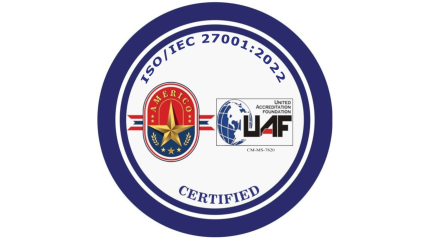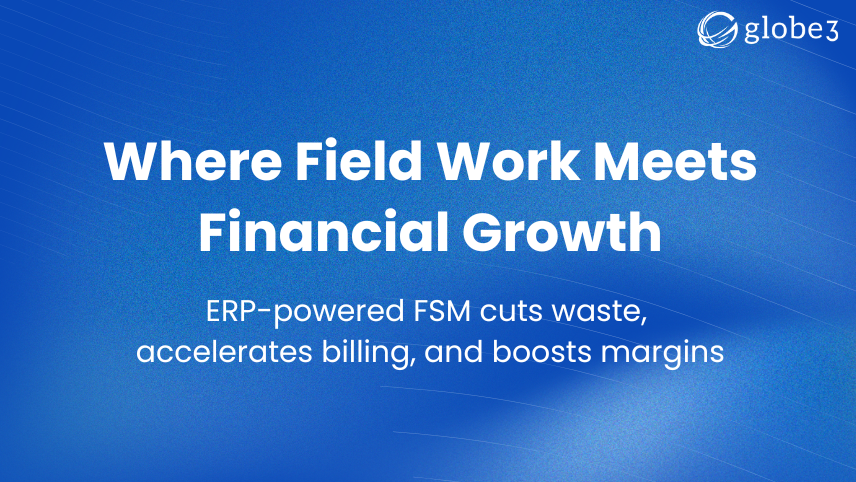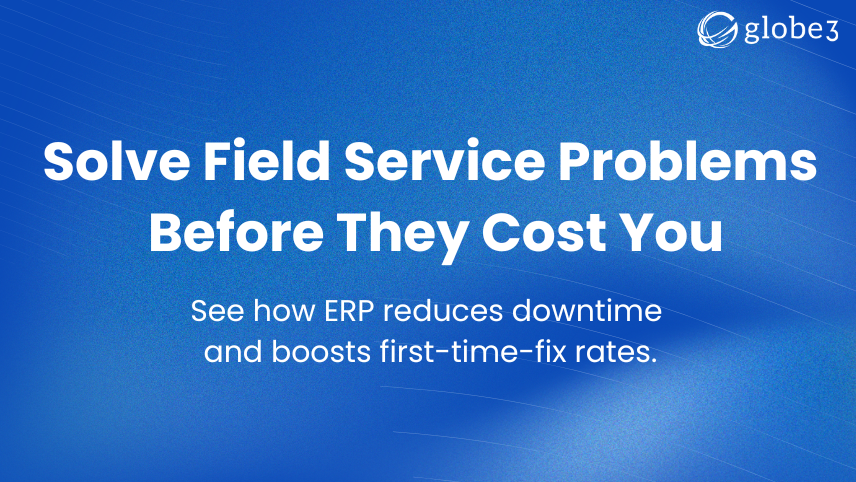Facilitating Material Requirement Planning Through ERP

Introduction:
Material Requirement Planning (MRP) is a vital process for organizations to ensure efficient inventory management, minimize stockouts, and optimize production schedules. Enterprise Resource Planning (ERP) systems play a crucial role in facilitating effective MRP, streamlining operations, and improving overall supply chain efficiency. This article examines how ERP systems enable organizations to execute material requirement planning efficiently, ensuring the timely availability of materials and facilitating smooth production processes.
1. Centralized Data Management:
One of the key features of ERP systems is their ability to centralize and integrate data from various departments and functions within an organization. This centralized data repository serves as the foundation for effective material requirement planning. By consolidating information related to sales forecasts, production schedules, inventory levels, and procurement data, ERP systems provide a holistic view of an organization's material requirements. This comprehensive data visibility facilitates accurate forecasting, optimal inventory management, and efficient procurement processes.
2. Demand Forecasting and Planning:
Accurate demand forecasting is essential for effective material requirement planning. ERP systems incorporate sophisticated algorithms and historical data analysis to predict future demand patterns. By considering factors like seasonality, market trends, and historical sales data, ERP systems enable organizations to generate more accurate demand forecasts. This, in turn, helps optimize inventory levels, reduce carrying costs, and ensure that the right materials are available at the right time to meet production demands.
3. Inventory Optimization:
ERP systems offer robust inventory management functionalities that support material requirement planning. By integrating real-time data on inventory levels, ERP systems enable organizations to make informed decisions about replenishment, order quantities, and safety stock levels. The ability to automatically generate purchase orders or production orders based on demand forecasts and inventory levels streamlines the procurement process, minimizing the risk of stockouts. ERP systems also optimize inventory turnover by identifying slow-moving items, reducing excess inventory, and improving cash flow.
4. Streamlined Procurement:
Efficient procurement is a crucial aspect of material requirement planning. ERP systems facilitate streamlined procurement processes by automating the generation of purchase orders, managing supplier relationships, and tracking supplier performance. By providing a centralized platform for supplier communication and collaboration, ERP systems enable organizations to optimize supplier selection, negotiate better terms, and ensure the timely delivery of materials. These capabilities enhance supply chain efficiency, reduce lead times, and mitigate the risk of production delays.
5. Production Scheduling and Capacity Planning:
ERP systems integrate production scheduling and capacity planning functionalities, enabling organizations to align material availability with production requirements. By considering factors such as material lead times, production capacities, and resource availability, ERP systems optimize production schedules to ensure efficient and effective operations. Real-time visibility into material availability and production progress enables proactive adjustments, ensuring smooth production flows. Effective production scheduling supported by ERP systems minimizes bottlenecks, improves on-time delivery, and enhances overall operational efficiency.
Conclusion:
Material Requirement Planning is a critical process for organizations to ensure efficient inventory management and smooth production processes. ERP systems provide a comprehensive set of tools and functionalities that facilitate effective material requirement planning. Through centralized data management, demand forecasting, inventory optimization, streamlined procurement, and production scheduling, ERP systems enable organizations to execute material requirement planning seamlessly, optimize inventory levels, and ensure the timely availability of materials. By leveraging the power of ERP systems, organizations can enhance their supply chain efficiency, reduce costs, and gain a competitive edge in today's dynamic business landscape.
Globe3 ERP is a comprehensive Enterprise Resource Planning (ERP) system designed to streamline and optimize business processes across various departments within an organization. It offers a wide range of modules and functionalities, including but not limited to financial management, inventory management, sales and marketing, procurement, human resources, and customer relationship management. With its robust features and customizable dashboards, Globe3 ERP empowers organizations to enhance operational efficiency, improve decision-making, and drive overall business growth.
Most Read
ISO 27001 Certification: A Milestone in TNO Systems’ Commitment to Information Security
TNO Systems Pte Ltd is proud to announce that it has successfully achieved ISO 27001 certification, a globally recognized Information Security Management Systems (ISMS) standard.
Top 6 Benefits That Accounting Software Brings To Your Business
Feeling worn out from manually tracking financial transactions in bookkeeping and needing help to stay ahead of the numbers? Look into accounting software, the modern solution that can transform your
3 Key Benefits of Moving your On-Premises ERP System to the Cloud
As more companies migrate their on-premises ERP to the cloud, figure out the key benefits of cloud-based ERP and the reasons to migrate. First, a cloud ERP solution allows users to access their ERP









